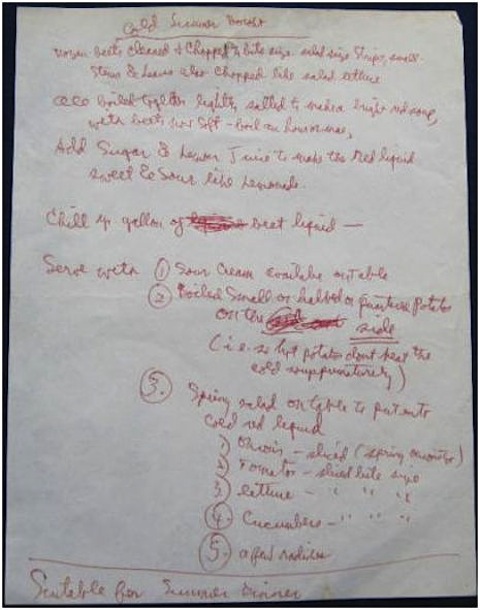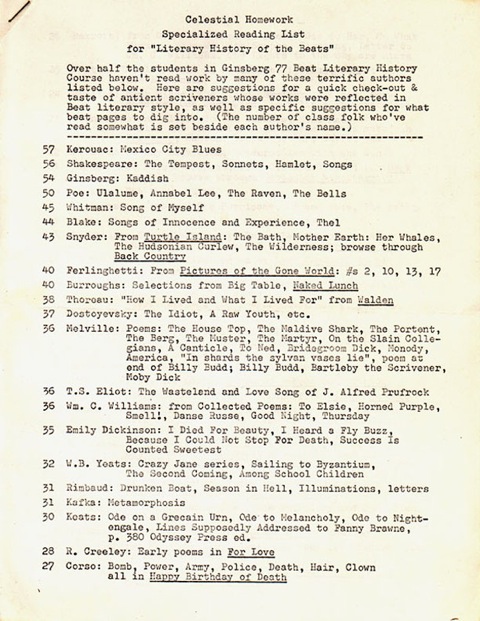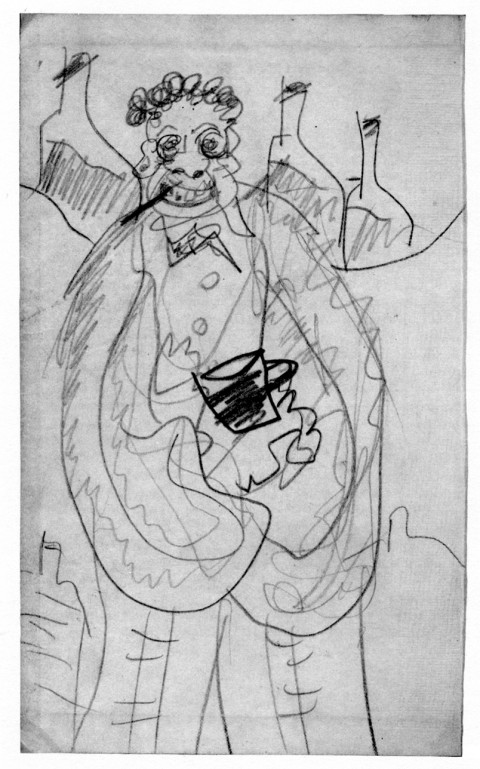Here is a complete recording of T.S. Eliot reading the masterpiece of his later years, the cycle of poems called Four Quartets.
Eliot considered the Four Quartets his greatest work. “I’d like to feel that they get better as they go on,” he told Donald Hall in a 1959 interview for the Paris Review. “The second is better than the first, the third is better than the second, and the fourth is the best of all. At any rate, that’s the way I flatter myself.”
The Four Quartets are perhaps the most mystical and religious of Eliot’s poems. Each one is a meditation on time, mixing Christian and Hindu imagery with personal and historical events. “In The Waste Land the waste was place, the ‘Unreal City,’ ” writes Eliot’s biographer, Lyndall Gordon; “here, the waste is time–time unredeemed by a sense of the timeless.”
As in The Waste Land, Eliot uses the four classical elements as a structural device in the Four Quartets. The first poem, “Burnt Norton,” is associated with the element of air. It is named for an English manor house Eliot visited in the 1930s. The poem was first published in 1936. “East Coker” (which begins above at 10:46) is associated with Earth, and takes its name from the village in Somerset, England, from which the poet’s ancestor, Andrew Eliot, set out for America in 1669. The third poem, “The Dry Salvages,” (beginning at 24:17) is associated with Water and is named for a treacherous cluster of rocks off Cape Ann that was among the hazards Andrew Eliot’s ship needed to avoid in order to safely reach the coast of Massachusetts. The final poem, “Little Gidding,” (39:08) was published in 1942. Its underlying theme is one of purgatorial Fire. The poem is named for a village in Cambridgeshire, England, which was the site of a 17th century Anglican commune that based its daily life around the Book of Common Prayer.
The Four Quartets were first published as a unified whole in 1943. Despite their initial appearance as four separate poems, the themes are tightly interwoven and each poem is composed of five parallel parts. You can hear Eliot reading the Four Quartets above. To follow along as you listen, click here to open the full text in a new window. The first poem begins:
Time present and time past
Are both perhaps present in time future,
And time future contained in time past.
If all time is eternally present
All time is unredeemable.
What might have been is an abstraction
Remaining a perpetual possibility
Only in a world of speculation.
What might have been and what has been
Point to one end, which is always present.
Footfalls echo in the memory
Down the passage which we did not take
Towards the door we never opened
Into the rose-garden. My words echo
Thus, in your mind.
Related Content:
Rare 1959 Audio: Flannery O’Connor Reads ‘A Good Man is Hard to Find’
Rare Recording: Leo Tolstoy Reads From His Last Major Work in Four Languages, 1909
Nabokov Reads Lolita, Names the Great Books of the 20th Century




